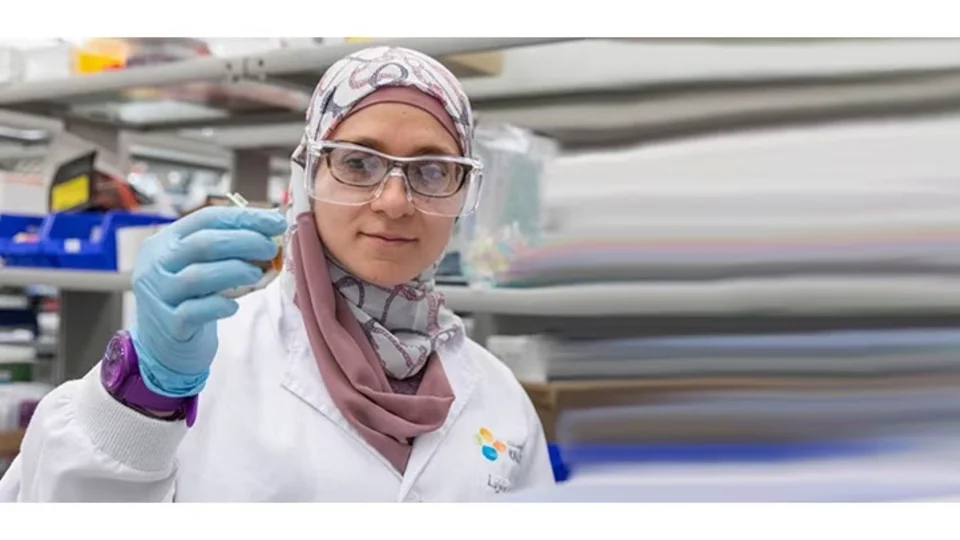Database to support infectious disease research
Linking disease pathogens to clinical signs and symptoms through a database could support research into the molecular mechanisms of infectious diseases.
About
A new database PathoPhenoDB facilitates the search for associations between infectious diseases, the pathogens that cause them, the resulting clinical signs and symptoms, and the drugs that can treat them. It also contains information on the proteins and genetic changes that can make pathogens resistant to treatment with certain drugs.
Developed by researchers at KAUST in collaboration with the University of Cambridge, UK, PathoPhenoDB can help infectious disease diagnosis and treatment, in addition to the study of the molecular mechanisms behind pathogen-host interactions.
“Several databases already exist for infectious disease research,” says KAUST research scientist, Şenay Kafkas. “But these either cover part of the data available in our database, like including only disease–pathogen associations, or they focus on different aspects of the diseases, like host-pathogen interactions for understanding the disease mechanism.”
To put together a comprehensive database, the team collected data from existing databases and then used artificial intelligence to automatically identify more information from the literature, explains Kafkas. The team’s clinical geneticist, Marwa Abdelhakim, then manually combed through the data for an accuracy check, adding or removing information where needed.
“The group’s combination of computational, clinical and biological expertise put it in a strong position to generate PathoPhenoDB,” says Paul Schofield, the Reader in Biomedical Informatics at the University of Cambridge.
PathoPhenoDB is unique in that it links pathogens to disease phenotypes: the clinical signs and symptoms of disease. “Phenotypes encode for the molecular and physiological mechanisms underlying disease, and can therefore be used to study these mechanisms,” says KAUST’s Robert Hoenhdorf, who led the initiative.
Read the full article


